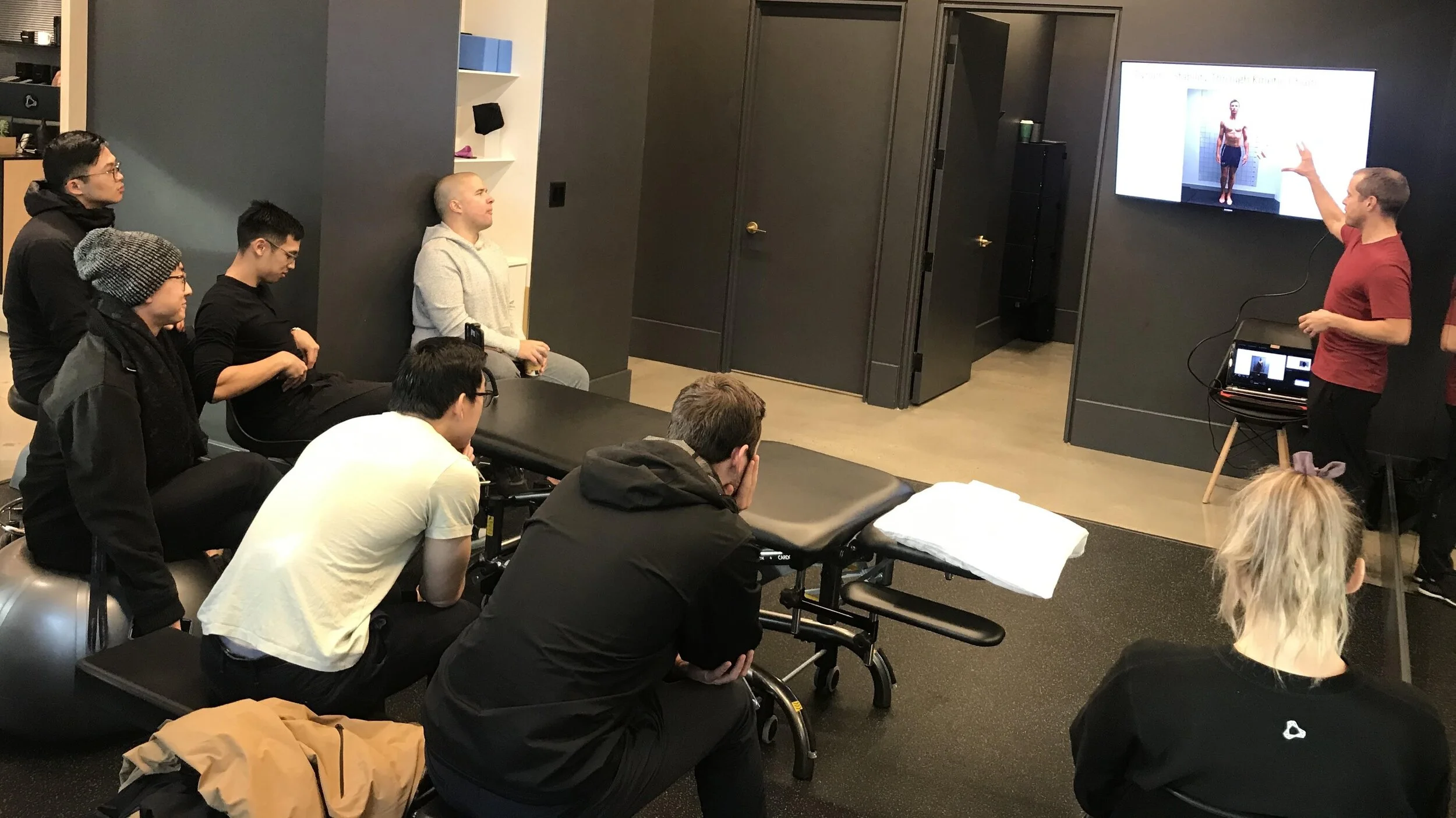Recent scandals, including multiple allegations and criminal cases of serious abuse, have rocked sport around the world. Arguably the most egregious example is the case of USA gymnastics, which should serve as a cautionary tale for everybody involved in sport at all levels. Against this backdrop, there has been something of an avalanche of allegations of bullying and improper conduct that are presently playing out in the public sphere. In turn, this has prompted calls for national sporting bodies to be less obsessively driven by winning medals. The perils of the ‘winning at all costs’ mentality have been cited as the reason behind the toxic environments and climate of fear that has been alleged in multiple sports, notably in the investigations that are presently ongoing within the UK. But of course winning on the world stage does come at a cost, both financial and personal. So where should we draw the line?
Continuing Our Education
As many practitioners will testify, it is after we have completed our formal education, professional training and certification that the real learning begins. The day to day experience of solving problems with live humans is when we discover the limits of our knowledge. It is also here that we find out that the reality is quite different to what is taught in class and the version that appears in (most) textbooks. Individuals, organisations and certifying bodies alike recognise this need to continue our learning once we are working in our respective field. The terms continuing education, continuing professional development and variations thereof will be familiar to most practitioners across disciplines (sadly it is not so well established in the coaching profession). What is less clear is how we might best tackle this ongoing quest and make good choices from the growing array of options with regards to content and the modes of delivery that are available to us.
Battling Hubris: The Perils of Success
Ascending to the top is a major accomplishment in any domain. But it could be argued that it is here that the greatest challenge begins. A number of teams have won the championship, but only a very small fraction are able to back up this success. Something about reaching the summit makes it less likely that those individuals will repeat the feat thereafter. Aside from the added motivation for opponents eager to knock the champions off their perch, the experience of success in itself serves to undermine our efforts and reduces the odds of subsequent success. With this post we take a deep dive into the paradoxical effects of success, identify what factors what should be vigilant for, and explore some potential countermeasures to increase our odds of sustaining success.








